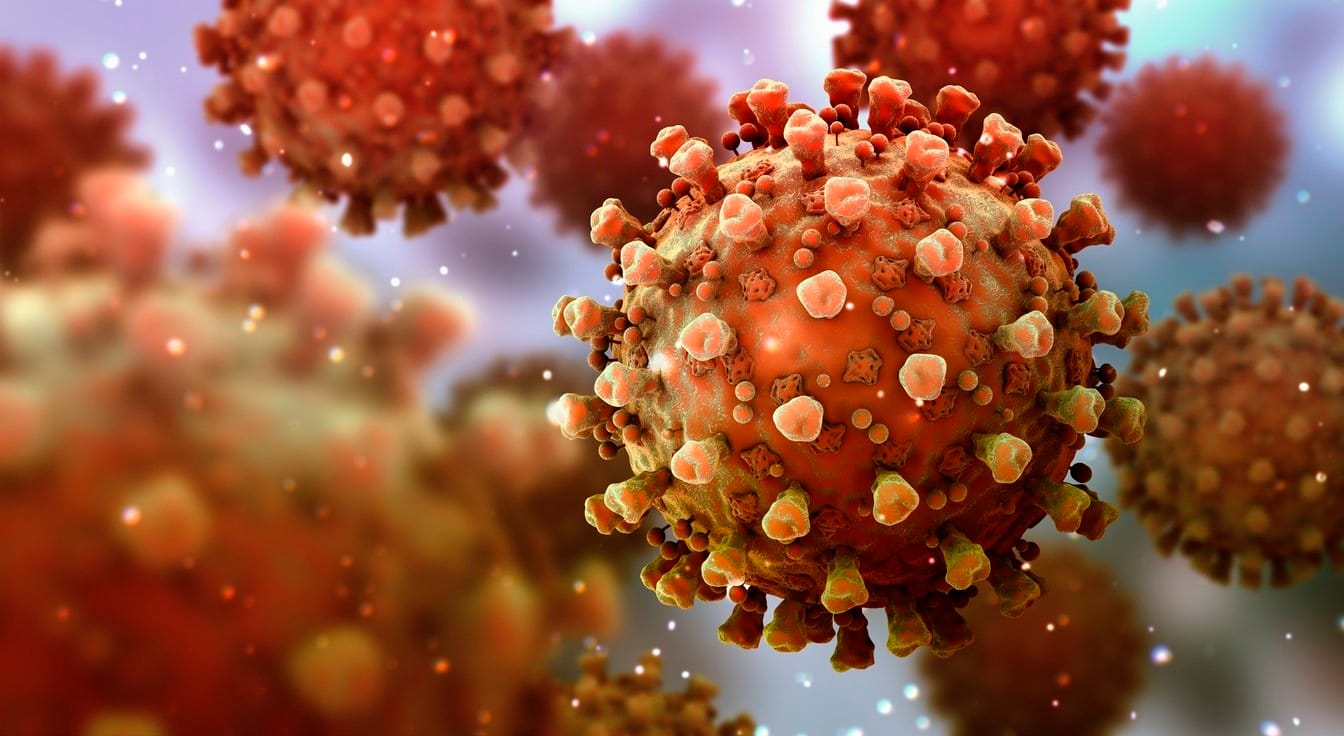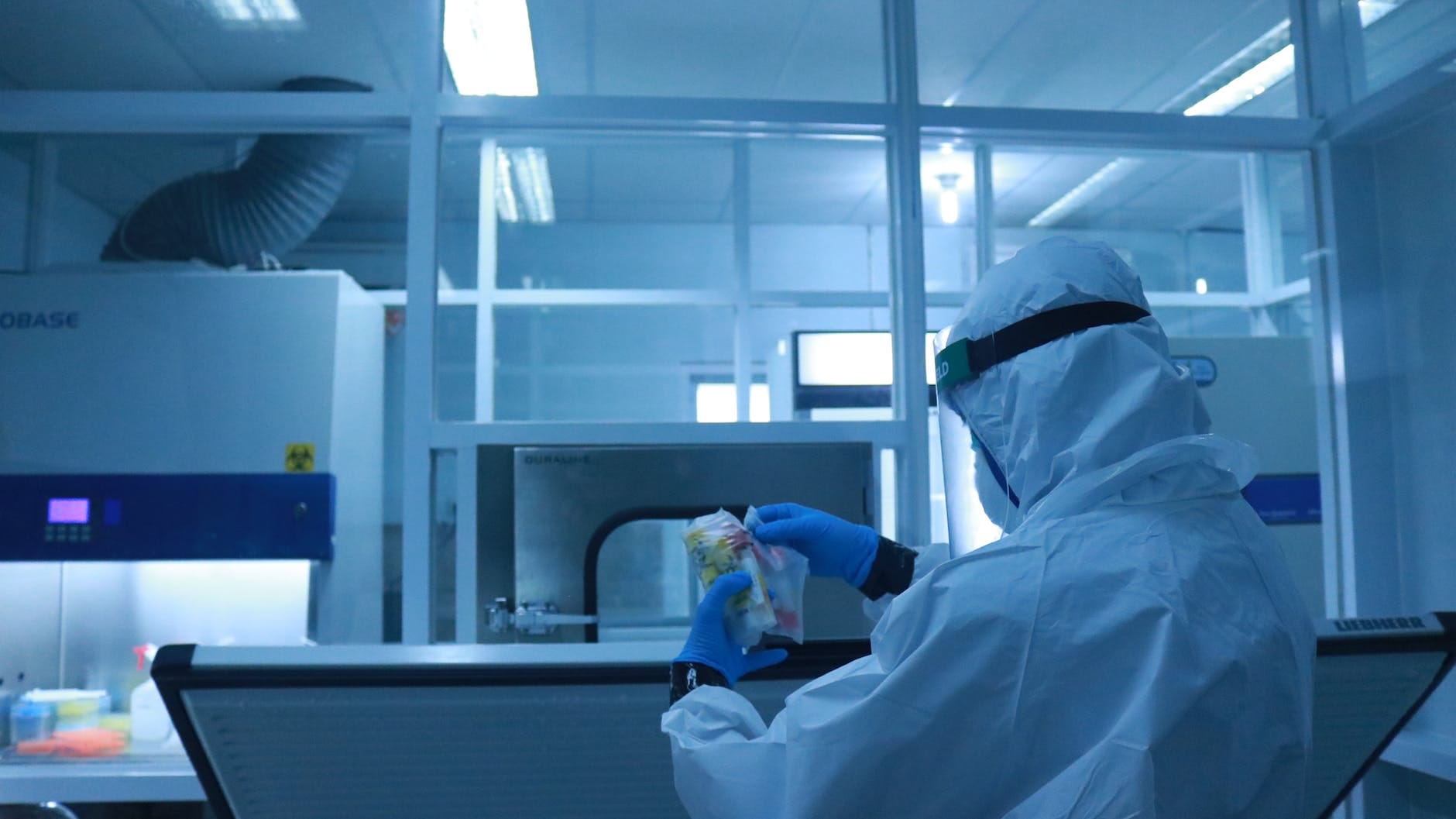Scientists working in the fields of immunology and vaccine development are constantly looking for new ways to fight infectious diseases. Recombinant antigens are one such strategy that is receiving a lot of attention. These synthetic proteins are designed to imitate particular elements of infections, enabling us to launch specialized immune responses against them. In this blog post, We’ll delve into the interesting realm of recombinant antigens, as well as their advantages and potential to completely change the area of vaccination.
What Are Recombinant Antigens?
Recombinant antigens are proteins that have been synthesized artificially to resemble elements of pathogens such as bacteria, viruses, or parasites. These mimics are intended to activate the body’s immune system precisely against the intended infection. These antigens are created by scientists using genetic engineering techniques, typically by introducing the genetic code for an antigenic component of a disease into a host organism like bacteria or yeast.
Benefits of Recombinant Antigens:
- Precision Targeting: Recombinant antigens allow for precise targeting of the immune system. Researchers can selectively activate immune responses against only those antigenic components of a pathogen, lowering the possibility of side effects and unfavorable reactions.
- Safety: Recombinant antigens are naturally safer to work within the lab and safer for immunization because they don’t include live or complete pathogens. As a result, there is a lower chance of infection and other problems.
- Flexibility: Recombinant antigens are flexible tools for vaccine development since they can be created to resemble a variety of infections. Being adaptable is especially important when dealing with newly emerging infectious diseases.
- Scalability: Once the genetic engineering is done, mass manufacturing of recombinant antigens is rather simple. When there are pandemics or extensive vaccination programs, this scalability is essential.
Applications of Recombinant Antigens:
- Vaccines: The creation of vaccines is arguably the most well-known application of recombinant antigens. Recombinant antigens are used in vaccines against the human papillomavirus (HPV) and hepatitis B to elicit protective immune responses.
- Diagnostics: Recombinant antigens are also used in diagnostic tests. For example, they are used in ELISAs, or enzyme-linked immunosorbent tests, to find antibodies to particular viruses or illnesses.
- Therapeutics: Certain disorders, including cancer, can be treated using immunotherapy using recombinant antigens. Researchers can trigger an immune response to kill cancer cells by specifically targeting antigens expressed by cancer cells.
- Research Tools: Recombinant antigens are used as research tools by scientists to examine immune responses and comprehend the mechanisms of infection and immunity.
Challenges and Future Directions:
Recombinant antigens have many benefits, but they also have challenges. It can be challenging to create effective antigens that trigger immune responses that are both powerful and long-lasting. To address these issues, researchers are always trying to improve the design and composition of antigens.
Recombinant antigens have a bright future in the battle against infectious illnesses. They are pioneers in the creation of vaccines against newly developing infections like the coronavirus that causes COVID-19. Additionally, improvements in genetic engineering methods are anticipated to enhance antigen design, resulting in immune responses that are more effective and precise.

To sum up, recombinant antigens are a great advancement in immunology and vaccination. They are essential tools in the creation of vaccines, diagnostics, treatments, and research because of their safety and adaptability, as well as their capacity to specifically target the immune system. We may anticipate many more developments in this area as genetic engineering and antigen design become more understood, providing hope for the global control and eradication of infectious illnesses.







